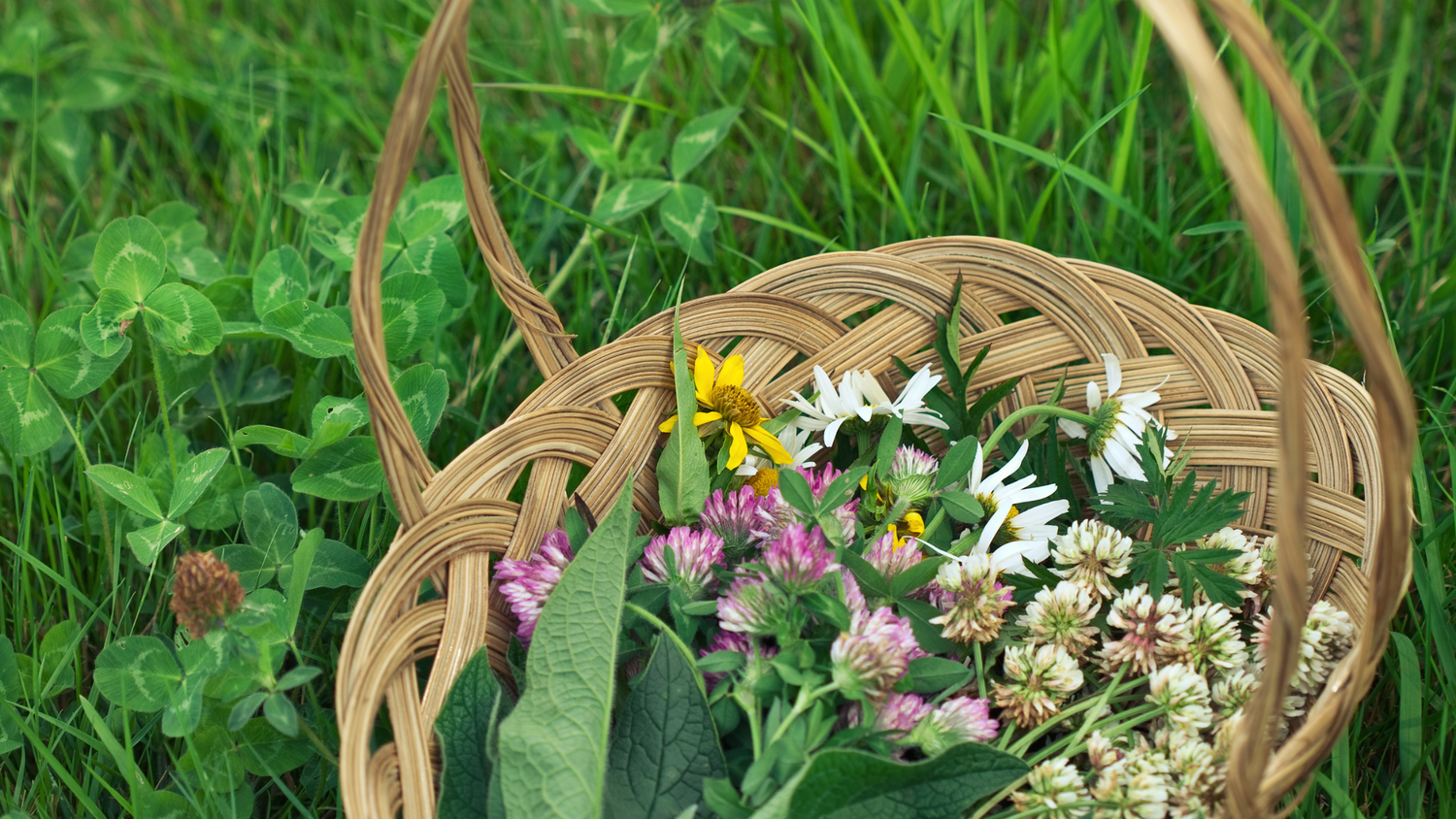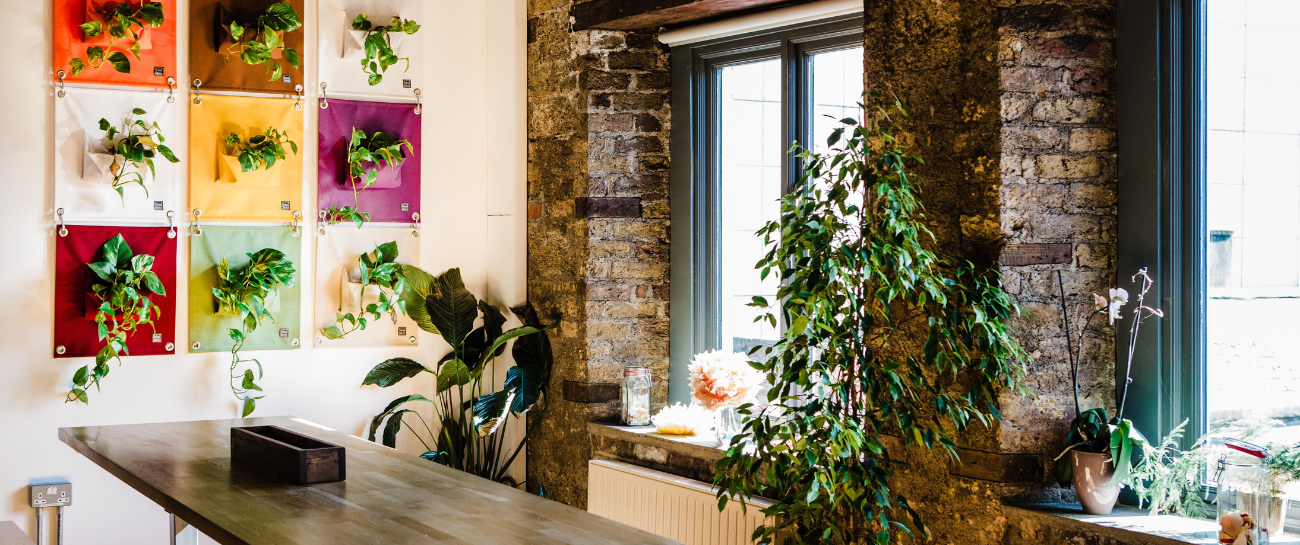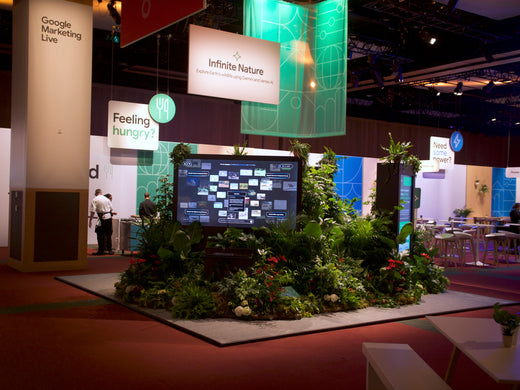
One bee, in her short lifetime, will visit literally thousands of flowers, all to make less than a quarter of a teaspoon of honey!
And the wonder of bees doesn’t stop there...
Bees play an incredibly important role in our global ecosystem. Honey bees, both wild and domestic, are responsible for about 80% of all pollination worldwide.
A single colony can pollinate 300 million flowers every day! Without them, many food groups such as fruits, nuts and vegetables would cease to exist.

Closer to home here in Ireland, we owe a lot to these hard-working pollinators. Every single year they help our production of apples, cucumbers, rapeseed and many soft fruits, bringing in over €53 million for our economy!
Can you BEE-lieve it?!

Bees Under Threat
Here at PlantStore, we believe that there is simply no better sound than a garden alive with the industrious buzz of bees.
Sadly, this is under threat.
Because of intensive, harmful farming practices, climate change and pollution, the global population of bees is rapidly declining. In fact, one-third of Ireland’s wild bee population is under threat of extinction and many more species around the world have been permanently lost!

How We Can Help
The good news is that we can each play a part in keeping the bee population thriving.
And it starts in your very own backyard.
Spring is the PERFECT time to get planting for bees. As the weather warms up, bees start to emerge from their hives in search of food for their young.
Bees are not too different from ourselves.
They require food, shelter & safety to survive and flourish.
To satisfy these needs, we’ve put together our guide to creating a pollinator paradise right from your garden!

Choose the right plants
Bees love native wildflowers, flowering herbs, berries and many flowering fruits and vegetables. Diversity of flowers and successive planting are key so that the bees have access to an array of nourishing food sources year-round. Most bee-friendly flowers prefer a sunny, sheltered location
- Spring- Daffodils, Flowering Cherry & Pulmonaria
- Summer- Lavender, Foxgloves & Buddleja
- Autumn- Sedums, Asters & Verbena bonariensis
- Winter- Ivy, Mahonia & Hellebores
If you don't have a garden or have a small garden you can work with window boxes or hanging baskets to provide more flowers for the bees.

Plant in Groups
Flowers clustered into bunches of one species will attract more bees than individual plants scattered throughout the garden, so make note of this when you are planting your bee-friendly plants
Try to plant at least one square yard of the same plant together to make a perfect bee attractor.
If you are short on space, planting just a few wildflowers or herbs in a planter or window box is all that’s needed to provide more foraging habitat for the honeybee.
Provide a Fresh Water Source
Just like us, bees need a place to get fresh, clean water.
They use it for cooling down and controlling the temperature of their hives, for digestion, for feeding their larvae and for diluting stored honey to prevent from crystallisation.
Fill a shallow container of water with pebbles or twigs for the bees to land on while drinking.
Make sure to maintain the container with fresh water to ensure that they can return to the same spot every day in your bee garden.

Embrace the Beauty of Weeds
Dandelions, clovers and other flowering weeds are all important food sources for bees and are seen commonly throughout the fields and gardens in Ireland.
Unfortunately, many of us tend to view these weeds as eye-sores and are generally removed instantly.
Manicured lawns are like a desert to bees (and other wildlife). Aim to reduce the frequency of lawn mowing, keeping at least 6 weeks where possible between cuttings to encourage the growth of these weeds and wildflowers.
Irish wildflower seed bombs are another great way to create a bee-friendly environment in your garden. Simply place them into bare soil with a little water and mother nature will take care of the rest!

Avoid Harsh Chemicals
Pesticides are chemicals designed to target and kill common pests such as insects, weeds and other organisms which cause plant diseases such as bacteria and fungi.
Unfortunately, many pesticides used across our farms and gardens contain chemicals which are toxic to bees and each year, many honey bee colonies are destroyed or damaged by them.
If you are looking for a bee-friendly alternative to keeping your plants pest-free, we shared our guide to creating your own organic pesticides using ingredients you likely already have at home.

Join a Workshop
At PlantStore, we offer a wide range of Workplace Workshops suitable for teams of any size.
Our Bee Garden workshop is one of our most popular.
Throughout the session, each participant learns about the importance of bees for our economy and environment as well as hands-on practical tips for creating their very own pollinator haven at home.
If you are interested in hosting a remote workshop for your team, you can contact us at pat@plantstore.ie
If you enjoyed this blog, why not check out some similar posts:
- The Ultimate Guide to Becoming a Greener Gardener
- Workshop- How to Make a Bee-Friendly Garden
- New to Plant Parenthood? A Beginner’s Guide to Caring for Your Houseplants
Let’s BEE friends on Social!
Don’t forget to follow us across Instagram, Facebook, Twitter & Pinterest. We share plant care tips and facts throughout the week!
@PlantStoreIRL






